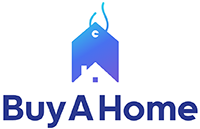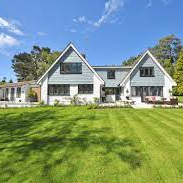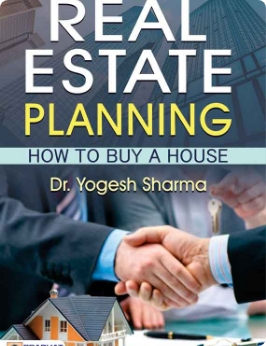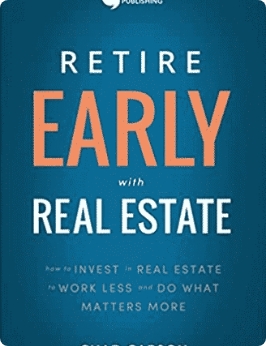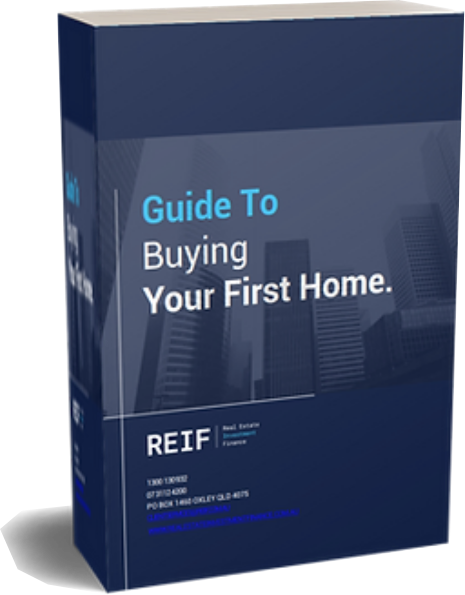It is not enough to have a dream house; it is essential to know all it will take to own and keep owning it. Homeownership can be a significant financial investment that will accrue wealth for years. However, going down the wrong path can leave you homeless, and without savings, so you must gather adequate knowledge about your options.
There are numerous mortgage types and alternatives on the market, and selecting the appropriate mortgage might save you thousands of dollars in the long run.
Types of Loans
Conventional Loans
Conventional loans are often more challenging but may provide cheaper mortgage rates and greater flexibility. However, sometimes, a government-insured loan may be your best mortgage option.
Government-Backed Loans
The vast majority of mortgages are either traditional or government-insured. Government agencies don’t insure conventional mortgages, but government-backed loans are insured by agencies such as the Federal Housing Administration or the Department of Veterans Affairs.
Here’s an explanation of the various forms of government-backed loans.
Veterans Administration Loans
VA loans are no-down payment mortgages accessible to qualified veterans and active-duty or former military service members, though credit score and debt-to-income ratio are also considered.
Benefits include no down payment or mortgage insurance requirements and lower interest rates than other types of home loans.
Note: VA mortgages include a one-time VA funding charge that ranges from 1.4% to 3.6% of the entire loan amount, depending on the amount of your down payment and the number of times you’ve utilized a VA loan in the past.
Loans from USDA
USDA house loans are only available to homebuyers in rural areas with fewer than 35,000 people. USDA direct loans are made to low-income borrowers based on their median area income, including interest rate subsidies that can significantly reduce the cost of borrowing.
A private lender funds USDA-guaranteed loans, while the USDA insures 90% of the mortgage amount against failure. However, certain USDA-backed loans from commercial lenders need mortgage insurance.
Benefits include no down payment and flexible credit score restrictions.
Disadvantages are mortgage insurance is required, and only residences in rural regions are eligible.
FHA Mortgages
FHA loans provide a road to homeownership for people with a low or average credit history and limited down payment. These mortgages have less stringent financial requirements than conventional loans, and you may be able to qualify with as little as 3.5% down and a credit score of 580 or lower.
Benefits include a low down payment and relaxed credit score criteria.
Disadvantages are higher interest rates and upfront and continuous monthly mortgage insurance. While some borrowers may be able to avoid mortgage insurance once their loan-to-value ratio reaches 20%, others may be obliged to carry it throughout the life of their loan.
Mortgages with Fixed Rates vs. Mortgages with Adjustable Rates
Another factor to consider as a homebuyer is the type of interest rate on a mortgage.
Fixed-rate mortgages mean your interest rate, monthly payments, and interest payment remain constant throughout the loan’s term.
Adjustable-rate mortgages have an interest rate that can alter over time, making them inherently riskier if you want to live in your house for an extended period.
A hybrid ARM is the most common type of adjustable-rate mortgage, in which your rate is fixed for a defined amount of time before it can fluctuate. ARMs often have lower beginning interest rates than fixed-rate mortgages.
Alternative Mortgages
Aside from the standard mortgages described above, a few alternatives offer a less traditional path to homeownership.
Here’s what you need to know if you need to borrow more than the loan limit or want to change how you pay your mortgage interest.
Large Loans
Jumbo mortgages are conventional loans that surpass the Federal Housing Finance Agency’s conforming loan limit. The national baseline limit for 2022 was raised to $647,200; this increase is more effective in some areas with a high cost of living — up to $970,800.
The disadvantages are they are more challenging to qualify for, have higher interest rates, and lenders have a more burdensome down payment, debt-to-income ratio, and credit score restrictions.
Loans for Rehabilitation
Renovation loans enable buyers to repair older homes while increasing their home equity. This loan, commonly known as a fixer-upper loan, includes the home’s purchase price and additional funds to cover the cost of specified modifications.
However, obtaining this form of financing can take time, involving paperwork and managing contractors. Furthermore, not all lenders provide a fixer-upper mortgage option.
Mortgages with Interest-Only
Borrowers with interest-only loans pay only the mortgage interest rather than the principal sum of the loan. That implies your monthly payments will be significantly higher once the interest-free term ends. And your principal mortgage balance will be the same as it was when you took out the loan.
While this may result in much cheaper mortgage payments, it severely limits the amount of equity a homeowner can accumulate over time.
How to Select the Best Mortgage for You
Seek the assistance of a mortgage professional.
Because your home is likely the most significant investment you’ll ever make, you should contact a third-party expert if unsure which mortgage is best for your financial position.
Examine your financial status.
To determine which mortgage programs you qualify for, consider your credit score, outstanding loans, and income. Borrowers with fair credit and limited savings may pursue a government-backed loan. Still, those with excellent credit and a low debt-to-income ratio may benefit from a traditional loan.
Are you eligible for benefits?
VA and USDA loans provide reasonable mortgage options for borrowers who meet the eligibility standards.
Consider how long you intend to reside in the house.
A traditional fixed-rate mortgage gives you a more accurate view of your monthly payments. However, an ARM may be worth considering if you intend to sell or refinance your first home within the following few years.
Contact Information:
Email: [email protected]
Phone: 9045552345
